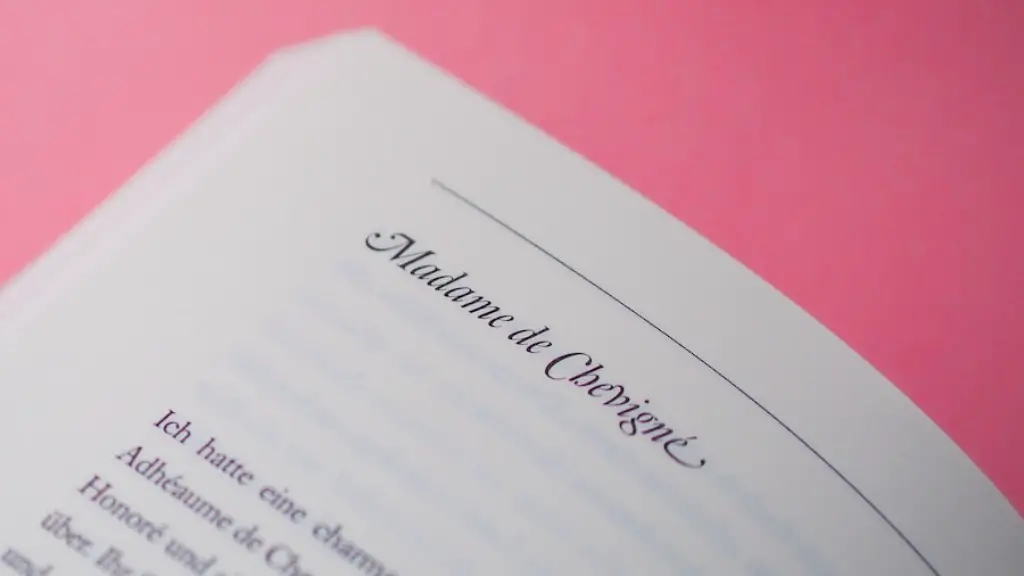Langston Hughes was a prolifiic american poet, novelist, playwright, essayist and social activist. He was born in 1902 and died in 1967.He is best known for his poetry and prose that speaks to the experiences and feelings of african americans.
His work praises and commemorates struggles of African Americans against racial injustice and poverty. He often highlighted themes of African Americans’ strife for equality and freedom, particularly crying out against racial prejudice and inequality.His works were considered a mainly “intrinsic” technique, focusing on providing information and narrating the life of the African-American culture.
Hughes was nurtured in the traditions of African American literary excellence, creativity and excellence. In his works, Hughes repeatedly celebrated strength and resilience of the African American culture and people in the face of extreme social, political and economic oppression. He was a prolific poet and wrote prolifically on various topics that touched on experiences of African Americans.
Langston Hughes believed in racial harmony and unity. He was very vocal about the need for African Americans and all people of color to work together and create a united, equitable and functioning society for everyone. He believed that African Americans must challenge racism and strive for social and political equality.
Hughes was also a strong advocate for civil rights. He was an early voice of the civil rights movement and pushed for legislative changes to end racial injustice and inequality. He was a firm believer in the power of protest and peaceful resistance and argued that it was the only way to achieve change.
For Hughes, art was a powerful way to celebrate African Americans’ spirit and dignity, and to demonstrate their unique voice. Through his writing, he sought to champion an African American perspective, and to make readers think about the experiences and struggles of African Americans.
Hughes was also a firm believer in the importance of education and self-empowerment. He was a strong advocate for literacy and education, and stressed the importance of education for African Americans. He believed that education was the only way for African Americans to unlock the potential of their minds and realize the power of their collective voice.
Furthermore, Hughes was committed to dialogue and collaboration across racial lines. He viewed collaboration and working together as key factors in the fight for freedom and equality. He believed that only by working together and engaging in meaningful dialogue and debate could one achieve real change and justice.
Role in Poetry
Langston Hughes played a critical role in the initiation of the Harlem Renaissance. He was the first African-American poet to have his works published in the prestigious The New Yorker magazine and the poetry he wrote represent a major contribution to the world of literature. Most of his poems focused on inspiring African-Americans to stay strong in the fight against racism while at the same time delighting readers with his choice of language.
He was known for his free-form style of poetry and often highlighted themes of joy, optimism and possibility. His works often poignantly explored issues of racism and racial prejudice, particularly in the context of the Harlem Renaissance. He was also known for drawing on the oral traditions of African Americans to create vibrant and evocative poems that have gone on to become classics.
Hughes’ works of poetry were geared toward captivating the senses and inspiring thought-provoking conversations with readers. Through his use of vivid imagery, Hughes sought to paint a portrait of African-American life and culture, and to create a unique voice that spoke to the beauty and despair of African-American life.
More than any other poet of his generation, Hughes’s works immortalized all the black experiences in America. His works are still as powerful today and provide a powerful reminder of the importance of fighting for justice, equity and freedom for all.
Role in Novels
In addition to his poetry, Langston Hughes was known for writing novels focusing on the perils and the potentials of African American life. His novels often explored themes of racism, identity, and personal growth. He wrote works of fiction that sought to bring to life vivid and complex images of African Americans in a positive light and portray them as fully realized individuals.
Through his writing, Hughes sought to challenge the dominant stereotypes of African Americans that were pervasive in literature and culture at the time. He used his works of literature to show the beauty, complexity and humanity of African-American life. His novels often called attention to the struggles and triumphs of African Americans, and sought to highlight the struggles they faced and the resilience they displayed in the face of hardship.
Hughes’s characters were often portrayed as r acially ambiguous, allowing him to explore issues of racial identity. His works were praised for providing a much-needed different perspective on African American life. His works provided readers with an intimate look at the struggles and joys of African American life and the courage and strength that were found in African American culture.
His novels often explored the political and social reality of the American South in the mid-twentieth century. They captured the nuance and complexity of the lives of African Americans in the face of immense oppression. The profound impact of his work cannot be overstated and they remain relevant today as they continue to educate and empower readers.
Role in Plays
Langston Hughes was a pioneer in African American theater. He wrote plays aimed to entertain and educate, and to draw attention to the struggles of African Americans. His plays focused on a wide range of topics including racial injustice, the Jim Crow laws, and African American identity. His works sought to challenge the stereotypes and misrepresentations of African Americans that were pervasive in mainstream culture at the time.
Hughes used his plays to articulate the voices of African Americans that had been long neglected and to give them a platform to express their struggles and aspirations. His plays were filled with a sense of wit, levity, and sentimentality and often held a mirror to the reality




